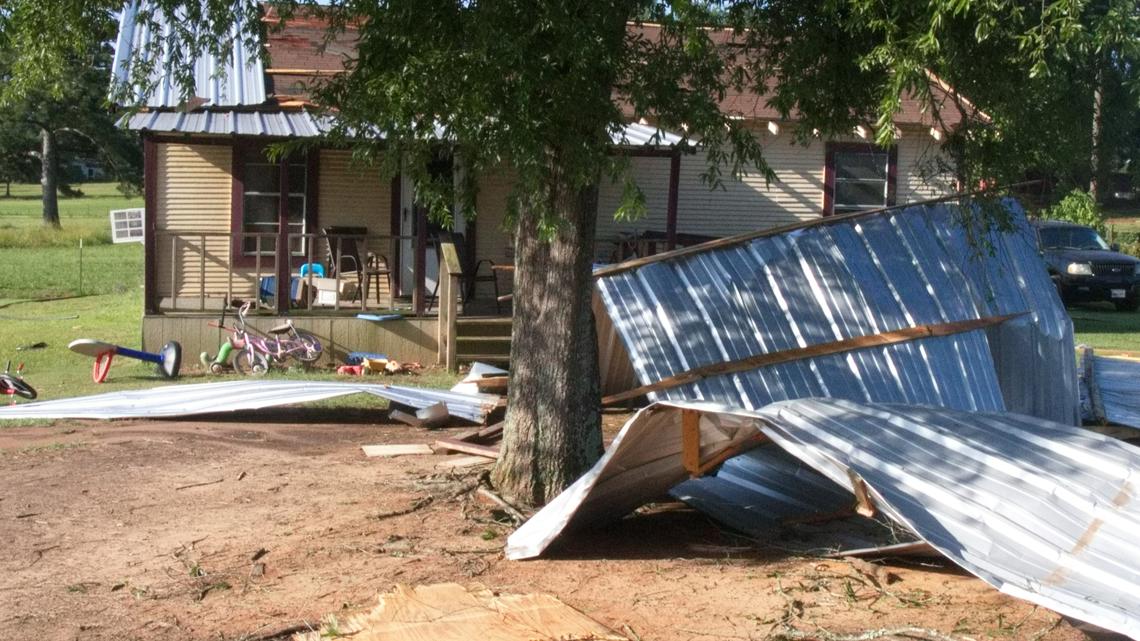
Texas DPS issued a statement Wednesday reminding Texans to be careful when turning on generators because they can produce carbon monoxide.
TYLER, Texas - As Texans begin cleanup after Hurricane Beryl, the Texas Department of Public Safety is urging people to proceed with caution.
Texas DPS issued a statement Wednesday reminding Texans to be careful when turning on generators because they can produce carbon monoxide. They urge residents to follow guidelines from the Texas Department of State Health Services .
- Generators should only be located outdoors, at least 20 feet from buildings. They should never be used in garages, even with the doors open.
- Generators can pose a risk of electric shock. They should be kept dry and not used in rain or wet conditions. Additionally, generators should be turned off and cooled before refueling.
- Gasoline appliances, camping stoves and charcoal grills also produce carbon monoxide. They should never be used indoors.
In addition to generator safety, DSHS recommends that citizens consider the following when remediating storm damage:
- Wash your hands frequently while cleaning to avoid re-contamination of cleaned areas.
- Do not allow children to play in or near floodwaters or storm drains.
- Disinfect all furniture, woodwork, and other household surfaces in flooded homes. To avoid creating toxic fumes, do not mix bleach with products containing ammonia.
- To avoid allergic reactions and other health problems caused by mold, replace porous panels (at least 12 inches above the waterline) that have been damaged by flooding.
- Disinfect children's toys with a solution of one cup of bleach and five gallons of water.
- Try to get enough rest, conserve energy and avoid heat stress. People with heart problems or other medical conditions should avoid strenuous exercise.
DSHS also recommends the following for food handling:
- Wash your hands with soap and disinfected water before eating or handling food, after cleaning, and after handling items contaminated by flood water.
- Throw away any food that has been at room temperature for more than two hours or has an unusual smell or color. Thawed food from the freezer can be safely eaten or refrozen if it is still partially frozen. Do not eat food that has been in contact with flood water.
- Formula-fed infants should be given formula or powdered formula formulated with bottled drinking water.
Additionally, people with puncture wounds or cuts who are exposed to flooding are at risk of contracting tetanus and may need to get a tetanus vaccine to prevent infection. A complete list of these tips can be found on the DSHS website .
Aucun commentaire:
Enregistrer un commentaire